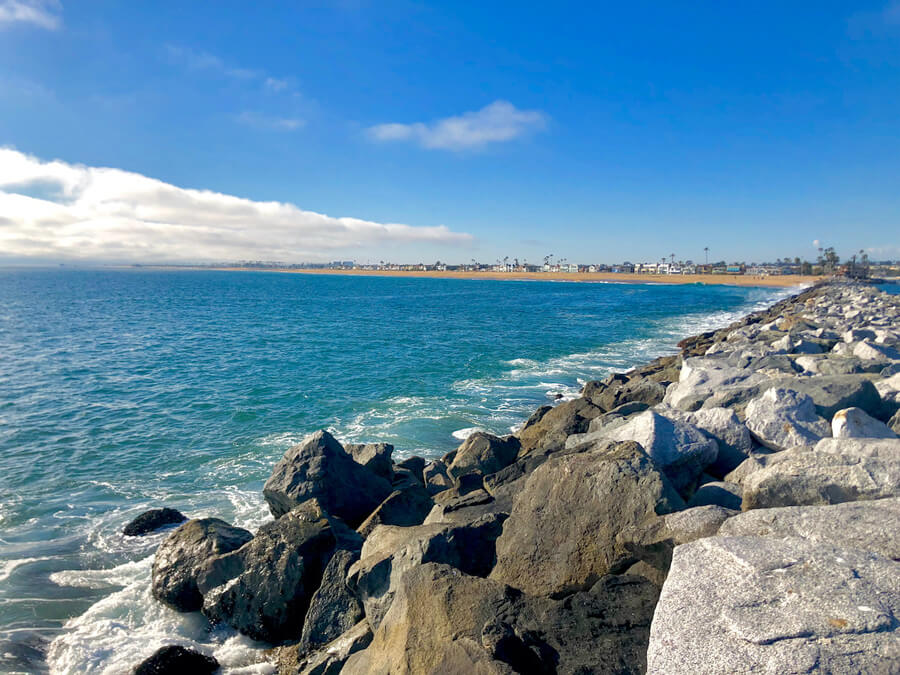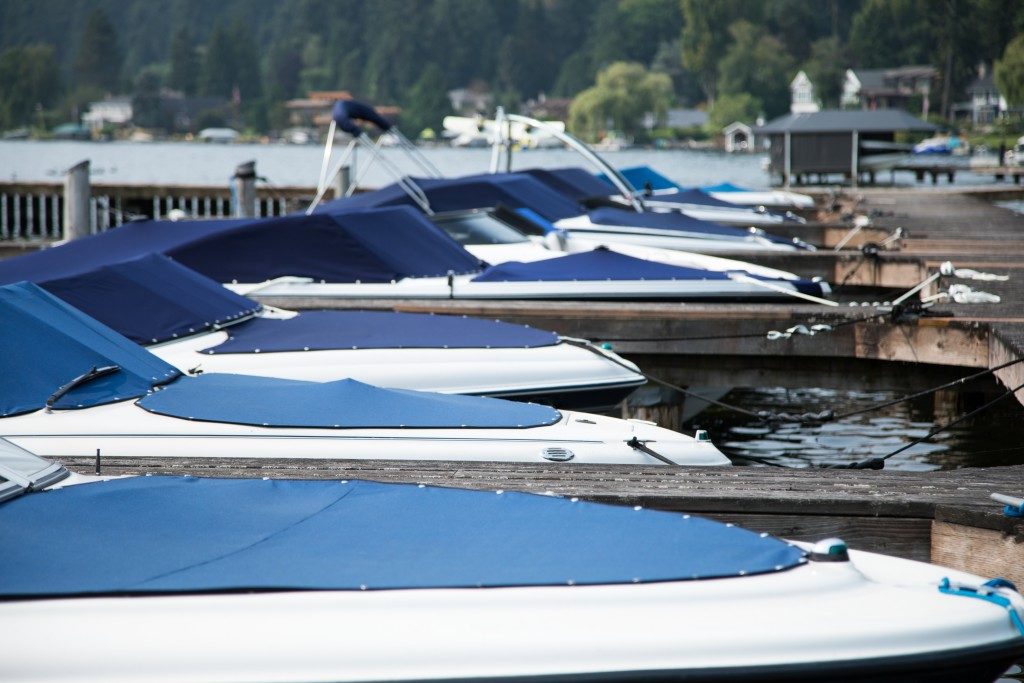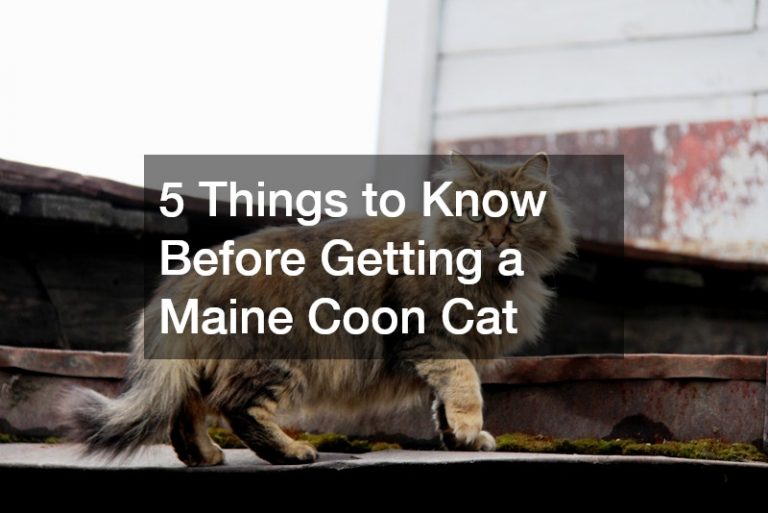A waterfront home offers tranquility, with many opportunities for leisure and a potential for investment. You not only get to have calming days, sitting and drinking wine by a lake; you also have options for fun-filled activities. You could go wakeboarding or go fishing on your recreational pontoon boat.
But what’s pleasurable to you may be devastating to marine life.
Oil Spills and Noise
The temporary ceasing of human activities due to global lockdowns may have given the oceans and lakes a chance to recover. Pollution has decreased with water quality improving, particularly for Asian countries.
Before the madness of the pandemic, boating activity may result in oil spills. According to a boating program specialist, oil spills of this nature go unreported because they are hard to track. The spills accumulate over time, contributing to water pollution. The program specialist compares the effect to “death by a thousand cuts.”
How does an oil spill happen with a recreational boat?
- Fueling your boat on the door instead of the dock
- Not checking the tank for cracks or fissures
- Filling the tank to the brim
Heat expands gas, and when you top off your tank, leakage occurs.
Noise is also a factor in harming a lake, river, or ocean. Whether it’s your boat or some other watercraft, sound transmission can occur over long distances and disrupt the processes of species, from reef fish to coral larvae.

There’s a Better Way to Enjoy the Water
Short of continuing the lockdown effect (i.e., a complete halt to human activities), you can do some practical things to reduce your impact on the environment.
Start with boat maintenance. Always check your engine and tank for damage. Make sure that you’re not fueling on the water. And make room for expansion in the tank when topping off.
If a spill occurs, report it immediately. That way, cleanup is done, and the damage isn’t as threatening to marine life as when it goes undetected.
You’d also want to unload any paint or chemical product that maintains your boat before you head to the water. It’s just one way of ensuring that you limit your impact should any accident occur.
As for the noise, controlling sound requires care. You need to be aware of where you are on a lake or river. You’ll find “no wake zones,” which intends to protect fragile marine habitat. A boat’s “wake” recirculates the flow of water behind the moving craft. It’s not just harmful to fish and vegetation; it also affects shorelines and other people on the water. People on kayaks or jet skis could lose their balance when a passing boat is too fast or too close.
Other ways to keep your leisure activities from contributing to pollution include taking your trash with you and keeping your boat organized. When everyone is having too much fun, no one is likely to care whether a can of beer or a stuffed toy is carelessly sitting on a boat’s surfaces. Every careless act can leave garbage that may accumulate on the water.
A waterfront property is a dream. You can practically go on vacation every day, swimming or boating. You can relax without spending money. And you can have a potentially good investment if you resell the home for a good price. But don’t forget to practice a careful lifestyle to maintain the pristine tranquility of your environment.





